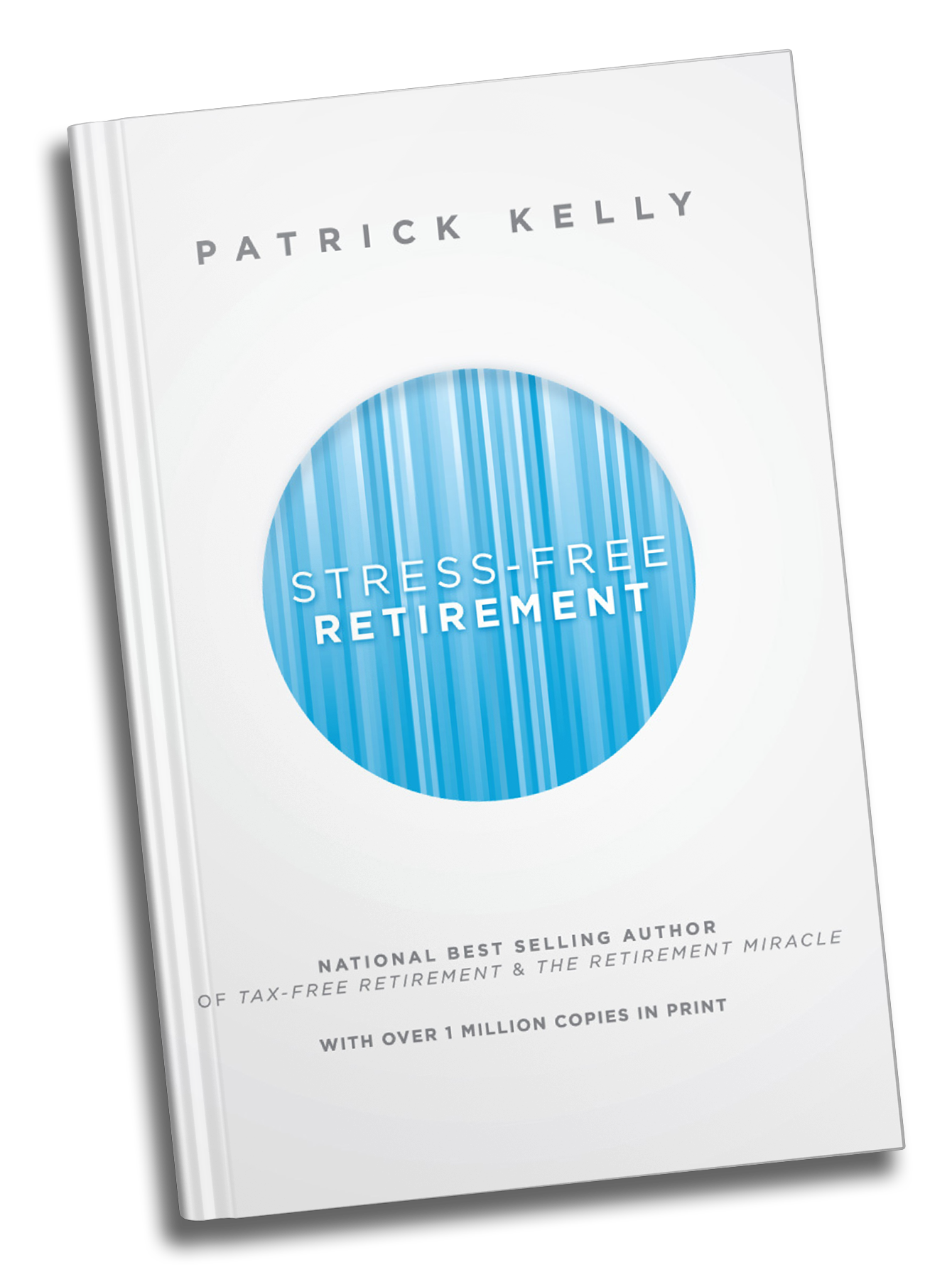
Here’s proof that funding retirement has changed: In 1970, 45% of private sector employees were covered by a pension plan.[1] Now, 4% are covered.[2] Pensions have largely been replaced by 401(k), IRAs, and similar retirement plans, and retirees must find a way to make their savings last throughout retirement. The SECURE Act responds to this changing retirement landscape in many ways. Here are 4 ways the SECURE Act could affect your 401(k).
RMDs Will Start Later
Instead of having to take required minimum distributions starting at age 70 ½, you can now wait until age 72. For high-net-worth retirees who would be forced to withdraw more than they want from their retirement accounts, this could help. The change means more time to decide on a plan for taking RMDs and minimizing your tax burden in retirement.
More Part-Time Employees Will Be Eligible for 401(k)s
Employees must typically work 1,000 hours per year in order to participate in a 401(k) plan. Starting in 2021, employees must only work 500 hours for three consecutive years to be eligible for a 401(k). More retirees are working part-time, which can help with the transition into retirement as well as providing cash flow. Cutting down to part-time no longer necessarily means losing the ability to make 401(k) contributions. Those who plan on participating should be aware of 401(k) fees they could potentially be paying.
Projected Income Disclosures
Part of creating a retirement plan could include figuring out how to turn a lump sum into income for the rest of your life. The SECURE Act requires retirement plan sponsors to state the estimated monthly payments that participants would receive if they used their entire account balance to buy an annuity. And, it allows employer-sponsored 401(k) plans to add annuities as an investment option. While this is helpful for getting a sense of how far your savings could stretch, many retirees may not want to use their entire retirement plan savings to buy an annuity. So, keep in mind that there are many other options for creating income in retirement.
Limit Inherited Retirement Accounts
If you’ve saved diligently in a 401(k), IRA, or other retirement plan, you might be planning to pass it down to your heirs. Be aware that most non-spouse beneficiaries will now have to withdraw all money from an inherited account within 10 years. This could mean an increased tax burden for your heirs who inherit a traditional retirement account.
The SECURE Act was the biggest piece of retirement legislation to be passed in over a decade. But, it likely won’t solve the country’s impending retirement crisis completely. There will likely be more policy changes regarding Social Security, inheritance, and taxes in your lifetime, which is why a retirement plan can’t be a “set it and forget it” activity. We will be around for your retirement and can help adapt your retirement plan to future changes. Click here to schedule a complimentary financial review so we can start to learn about your financial needs and retirement goals.



